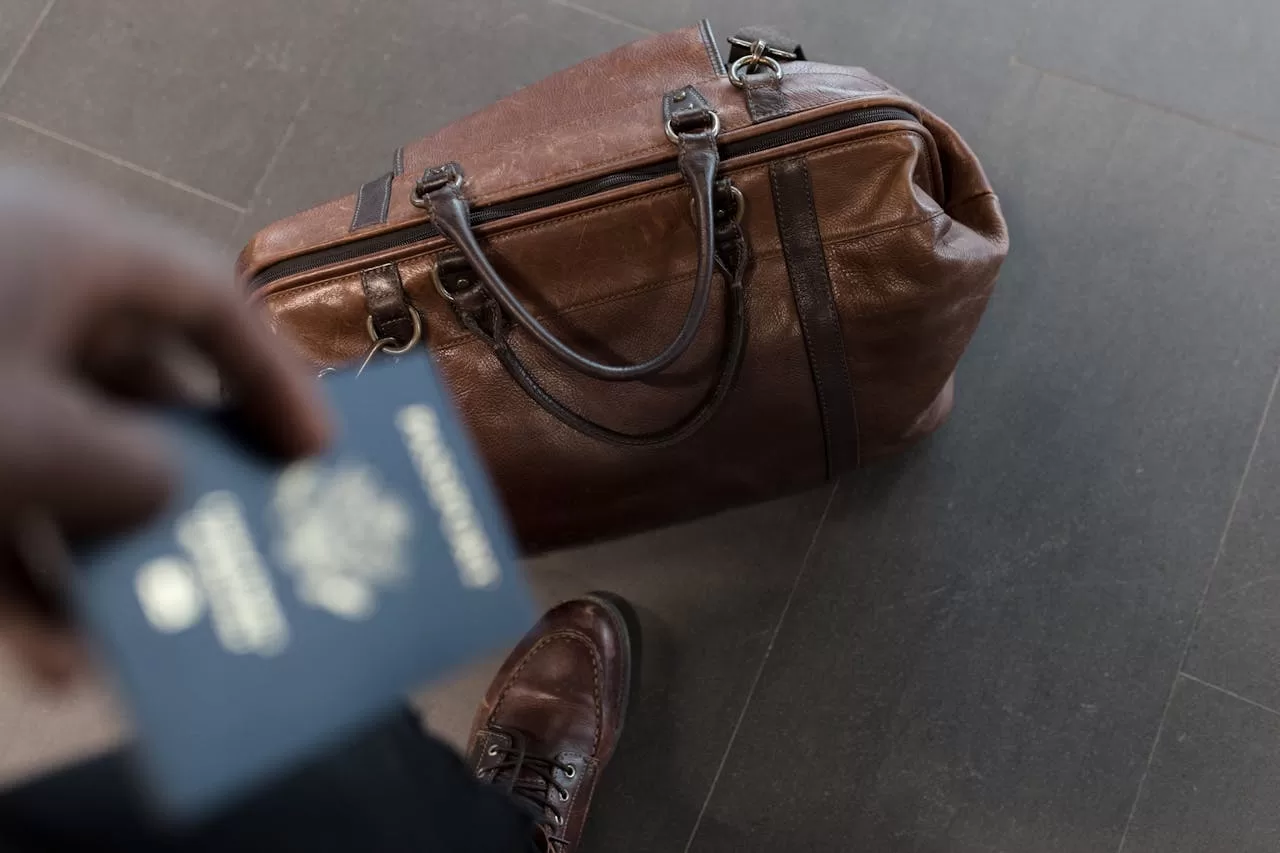

Many people dream of moving abroad for a fresh start—whether it’s for career opportunities, a lower cost of living, or simply the excitement of a new culture. The idea of leaving financial stress behind and starting over somewhere new can feel liberating. But what happens if you have outstanding debt in the U.S.? Does moving abroad mean a clean financial slate, or will your debt continue to follow you no matter where you go? While relocating won’t erase your financial obligations, there are solutions to help you regain control of your debt without needing to leave everything behind.
If you’re dealing with debt, it’s understandable to look for a way out. The weight of overdue payments, high interest rates, and collection calls can be overwhelming. However, before making a drastic move in hopes of escaping your financial obligations, it’s important to understand the reality of international debt collection and the potential consequences of leaving debt behind.
In this article, we’ll explore what really happens to your debt if you move to another country, whether creditors can still come after you, and what options you have for managing your debt effectively.
When you’re dealing with debt, the idea of moving to another country for a fresh start might seem like the perfect solution. No more collection calls, no more late payment notices—just a clean slate. But does moving abroad erase your debt? Unfortunately, it’s not that simple. The reality is that relocating does not automatically eliminate your financial obligations, and ignoring them can create even bigger challenges in the long run.
Even if you leave the U.S., you’re still legally responsible for any outstanding balances on:
While it’s true that creditors and collection agencies may have a harder time reaching you internationally, that doesn’t mean they won’t try. In today’s digital world, financial institutions have more ways than ever to track debtors. Some creditors may escalate their collection efforts, including:
Ignoring debt while moving abroad may seem like an easy escape, but it can lead to serious financial and legal consequences. Instead of avoiding the problem, exploring real debt relief solutions can help you regain control and secure a stable financial future.
While it may seem like moving abroad gives you a chance to start over, attempting to leave debt behind can lead to unexpected roadblocks and long-term setbacks. Here are some reasons why it’s not a practical solution:
Although moving abroad may seem like an easy escape from debt, the reality is far more complicated. Instead of creating new obstacles for yourself, consider taking action now to tackle your financial situation in a way that sets you up for long-term success.
If debt is weighing you down, you don’t have to leave everything behind to regain control of your finances. There are several proven strategies that can help you take charge of your debt while staying on solid financial ground:
Many people turn to online forums to ask whether moving abroad can help them escape debt. Conversations across platforms like Reddit show a mix of perspectives. Some users believe that leaving the U.S. can provide temporary relief, while others warn of the long-term consequences. Here’s a real discussion from Reddit:
This reflects a common concern—moving abroad doesn’t necessarily erase your debt, and depending on the country, it may still be enforceable. People who have attempted this often find it’s not as easy as it seems.
Moving abroad may seem like an escape from your debt, but in reality, it can create even more complications down the road. Ignoring your financial obligations doesn’t make them disappear—it only delays the inevitable. Instead of fleeing, consider facing your debt head-on with a clear plan and the right support.
You don’t have to go through this journey alone. Whether you’re dealing with overwhelming credit card debt, medical bills, or personal loans, there are proven solutions that can help you regain control. We understand how stressful this can be, and we’re here to guide you through every step.
Reach out to us for a free consultation—let’s discuss your situation and explore the best path for your financial recovery. No matter where you are in your journey, we’re here to help you find the right solution and move toward a debt-free future with confidence.
Credit Counseling Or Debt Settlement: How to Choose Wisely "You pay your credit cards every…
Receiving a notice from the IRS can feel overwhelming—like a dark cloud hanging over your…
Tax season is here, and with it comes the age-old question: Should I file my taxes…
Talking about money can feel uncomfortable, but discussing debt with your partner? That’s a whole…
Debt can feel like a heavy weight, and when you’re struggling to keep up, it’s…
How To Deal with Aggressive Debt Collectors: Your Rights and Action Plan Dealing with debt…